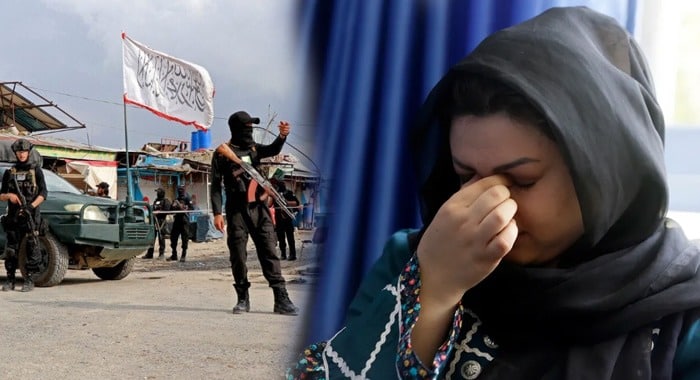More than a week after the Taliban launched a wave of arrests targeting women and girls across Kabul, families say they remain in complete uncertainty about the fate of their loved ones, fueling growing anxiety over their safety and treatment in custody.
“We haven’t heard a word. We don’t know where they’ve taken her, or even if she’s alive,” said one distressed father, whose daughter was detained while returning from a private class in western Kabul.
According to witnesses and rights groups, the arrests, carried out by agents from the Taliban’s Ministry for the Promotion of Virtue and Prevention of Vice, occurred in multiple neighbourhoods including Qala-e-Fathullah, Shahr-e-Naw, and Dasht-e-Barchi. Women were reportedly picked up from beauty salons, public streets, and even private gatherings, often without warning, explanation, or any formal charges.
Despite growing concern, the Taliban have made no official acknowledgement of the detentions. Officials from the virtue ministry have denied holding any women when questioned. However, an afghan media organisation claimed the video footage it reviewed shows Taliban vehicles transporting women in custody. Former detainees confirm that they were held for hours and later released after receiving threats.
“They insulted us, warned our families, and said next time they’ll lock us up for good,” said one young woman who was released after eight hours in detention. She said her only “offence” was being outdoors without a male guardian.
Some relatives who attempted to inquire about their daughters’ whereabouts say they were met with hostility. “When my husband went to ask for our daughter, they berated him and told him to control her,” said a mother from Kabul.
Human rights organisations and women’s rights advocates say this recent wave of detentions reflects a broader strategy by the Taliban to intimidate and suppress Afghan women.
“This isn’t just arbitrary detention, it’s psychological warfare against women and their families,” said Sara Lotfi, a Kabul-based activist. “The uncertainty and fear are traumatising, especially when no legal process exists and no answers are given.”
Since reclaiming power in 2021, the Taliban have drastically curtailed women’s freedoms, banning them from schools, most jobs, and travel without a male chaperone. Activists warn that the opaque and unchecked nature of the recent arrests signals a deeper erosion of basic human rights under the regime, particularly for women and girls, whose voices are now being silenced not only in public, but within their own homes.





